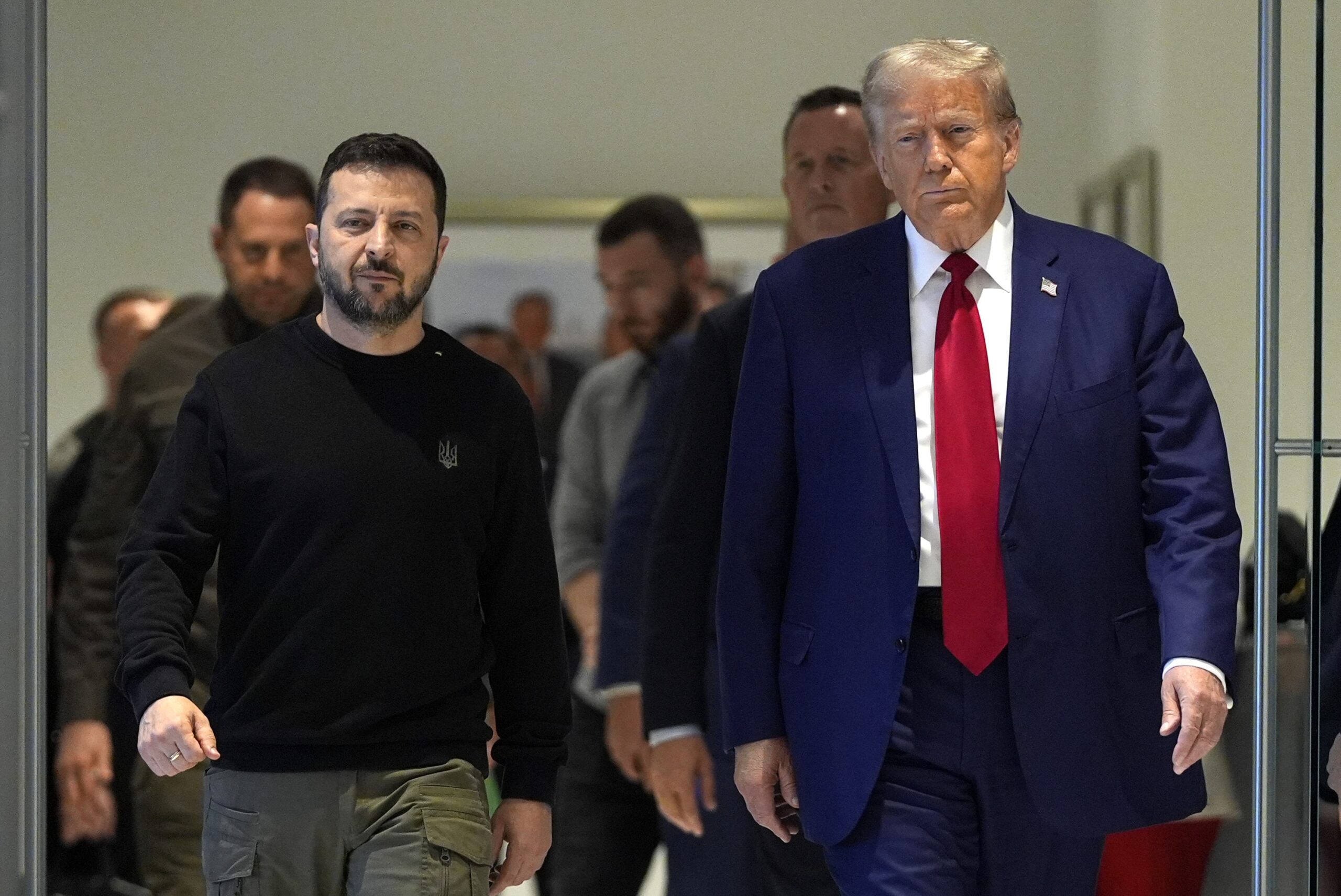Since Donald Trump stepped back into the Oval Office in early 2025, U.S. policy toward Ukraine has taken on a strange, almost dizzying rhythm. Aid is paused. Then it’s resumed. Then it’s paused again. And each time, the timing seems more suspicious than the last.
Take the latest episode in this now-familiar cycle: a sudden decision to withhold Patriot missile systems from Ukraine — just as Russian aerial assaults were intensifying. The official story? America’s stockpiles were running low. But that explanation, frankly, doesn’t hold water. Multiple sources within the government — ones who’ve seen the numbers — say there’s been no significant shift in supply levels. In other words, it smells like an excuse.
So what gives?
Theories abound. Some accuse Trump of playing into Russia’s hands. Others claim he’s just bargaining hard. Both might be right — to a point. But looking at the broader pattern, it seems increasingly likely that this is a strategy. A cold, transactional one. Not a betrayal, exactly. Just something that doesn’t quite feel like real support.
And that’s what’s so unsettling.
Let’s rewind a bit. This “pause-then-resume” game didn’t start in July. Back in March, there was another freeze — one that followed a heated exchange between Trump and Zelenskyy in the White House. Trump was reportedly furious over what he saw as a lack of appreciation. Aid was cut. Ukraine panicked. And then, almost out of nowhere, the flow resumed… right after talks about a lucrative minerals deal moved forward.
That incident could’ve been a fluke. But then it happened again. And again. A pattern emerged — aid withheld during Ukraine’s moments of greatest need, only to be used as leverage in negotiations. Not just with Ukraine, but with NATO allies, too.
This most recent pause came just days after Trump’s speech at a NATO summit where he, oddly enough, voiced sympathy for Ukraine’s plight. He even said the U.S. would do “everything possible” to support them. But tucked into that same statement was a quieter, more telling line: “Patriot missiles are hard to come by.”
That wasn’t just a comment. It was positioning.
What followed was almost textbook Trump: Europe, especially Germany, was encouraged to buy Patriot systems from the U.S. and send them to Ukraine. Zelenskyy endorsed the idea. Suddenly, Washington had recast itself from direct supplier to military merchant. America wasn’t withholding missiles. It was selling them — indirectly — at scale.
In fairness, this isn’t entirely new. The U.S. arms industry has long profited from conflict. But the tone has shifted. What once felt like strategic support now feels like hardball commerce.
And I get it — Trump’s entire political brand revolves around “the deal.” He sees aid as a tool for leverage, not a lifeline. To him, generosity without a return is weakness. That might fly in a trade negotiation. But when bombs are falling on maternity wards, it’s harder to stomach.
Ukraine’s not just another customer. It’s a nation under siege, fending off one of the most aggressive military campaigns in recent history. And while the U.S. has done more than most to help, it’s painful to watch that help dangled like a carrot — available only if the right people pony up the cash.
Yes, Ukraine will probably get the weapons it needs — eventually. But at what emotional and geopolitical cost? Every pause in aid sends a message: support is conditional. It’s on sale. And worse, it might not be there next time.
That’s a dangerous precedent.
Allies don’t want to negotiate for survival. They want to know someone has their back — not only when it’s profitable, but when it’s right. The U.S. built much of its global influence on that kind of moral clarity. But right now, that clarity is getting murky.
There’s something else that troubles me, too: the growing sense that America’s foreign policy is being shaped less by values and more by opportunity. The more desperate our allies become, the better the terms we extract. That’s not leadership. That’s opportunism. And while it might pad the defense budget in the short term, it erodes trust in the long run.
Because here’s the uncomfortable truth: doing the right thing isn’t always a good deal. Sometimes, it costs you. And if America only shows up when there’s money on the table, we’re not just weakening alliances — we’re weakening our own legacy.
It’s easy to talk about being a global leader. Harder to prove it when there’s nothing to gain but the satisfaction of knowing you did the right thing. Right now, that kind of leadership feels in short supply.
So yes, I’m relieved that Ukraine hasn’t been completely abandoned. But I can’t shake the feeling that we’re backing them with one hand and checking the profit margins with the other. That’s not how partnerships should work. And it’s certainly not how peace is built.
